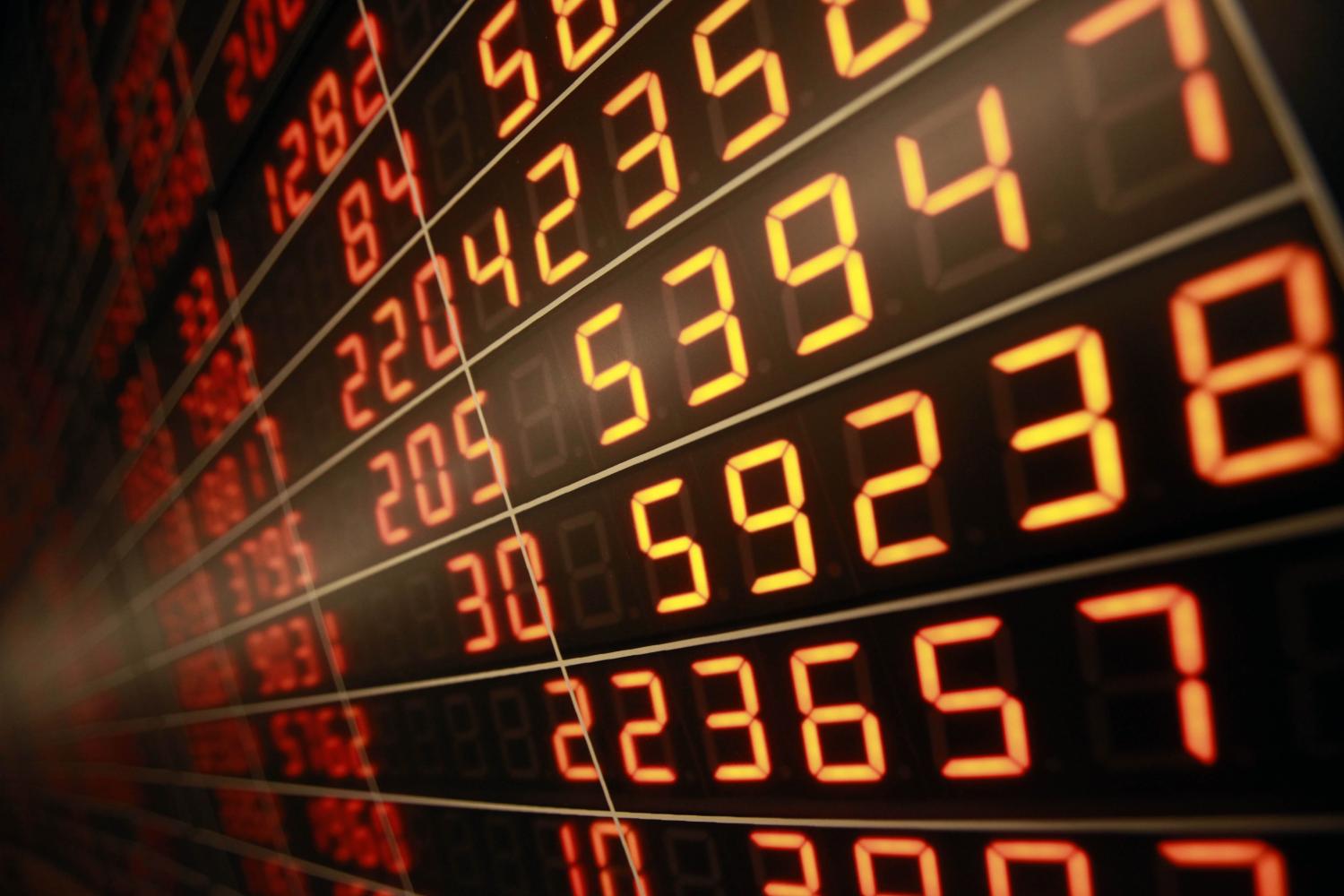
Aggregate earnings per share (EPS) of SET-listed companies are expected to fall by as much as 25% this year because of the Covid-19 pandemic and plunging oil prices, says the Investment Analysts Association (IAA).
Analysts surveyed by the IAA have a consensus view that listed firms' aggregate EPS will drop by around 70-89 baht this year.
Average EPS is expected to see a 9.93% decline at year-end 2020.
Some 25% of analysts expect EPS to tumble by 15-19.9%, while 12.5% of them forecast a drop of 20-25%. The rest expect an EPS contraction between 1-15%.
IAA secretary-general Sombat Narawutthichai said the Covid-19 pandemic is the greatest factor affecting earnings of listed firms across the board.
A rise in local virus infections has compelled the government to impose a nationwide night-time curfew from 10pm to 4am, starting April 3, with exemptions for essential services like medical care and fuel transport.
Thailand had 2,169 confirmed cases of the virus as of April 5, with 23 deaths nationwide.
A throng of financial authorities and research houses project Thailand's economy to experience a steep contraction by as much as 5-6% this year.
A key driver of the downward revision is the impact of the pandemic, which is significantly reducing tourist arrivals and hurting overall consumption growth due to weaker activity in the retail sector.
The impact on domestic consumption is reflected by public health measures regarding social distancing and depressed consumer sentiment.
Supply chains for electronics and automotive, critical to exports, have also felt the sting of the health emergency.
Nuttachart Mekmasin, executive director of Trinity Securities, said the virus pandemic, oil price war and the local drought will have an extreme impact on SET-listed firms' earnings this year.
However, there will be liquidity flows moving into the Thai stock market coming from treasury stocks of more than 20 SET-listed firms coupled with investment from the extra units of the Super Savings Fund, said Mr Nuttachart.
These should help mitigate the adverse impact from a myriad of risks to a certain degree, he said.
The Covid-19 pandemic is poised to incur more damage than the 2008 subprime crisis, with lower crude prices continuing to put pressure on energy firms listed on Thailand's bourse, said Wilasinee Boonmasungthrong, research director at Globlex Securities.
Energy shares are clustered in the resources sector and the sector's market capitalisation makes up 23% of the bourse's total market cap of 12 trillion baht.
Some 53% of IAA analysts also forecast crude prices will move in a range of US$40-49 per barrel, while 41% foresee a range of $30-39 per barrel, with the rest expecting oil prices to move above $50 per barrel.
US President Donald Trump, in an effort to push Russia and Saudi Arabia to end their oil price war and tighten the taps to bring prices back up, helping an ailing US drilling industry, said on April 2 the duo agreed to cut output by an unprecedented 10-15 million barrels per day, representing 10% to 15% of global supply, after he discussed the issue with leaders.
The countries did not confirm the plan, but said they were willing to discuss ways to stabilise the market with other major world oil producers.
The majority of surveyed analysts forecast the Bank of Thailand's Monetary Policy Committee (MPC) will further cut the policy interest rate by 50 basis points this year to shore up economic growth momentum.
The MPC reduced its key interest rate by 25 basis points to a record low of 0.75% in a special meeting on March 20.
The rate cut was the fourth since August 2019.
The rationale behind aggressive monetary easing is the Covid-19 outbreak in the period ahead is going to be more severe than previously expected, with the economy taking some time before returning to normal.
Around 39% of analysts surveyed by the IAA recommend holding cash or short-term deposits, 21% suggest investing in Thai stocks or equity funds, 13% suggest stock investment in global equity markets and the rest prefer investments in gold, real estate investment trusts and fixed-income securities funds.
